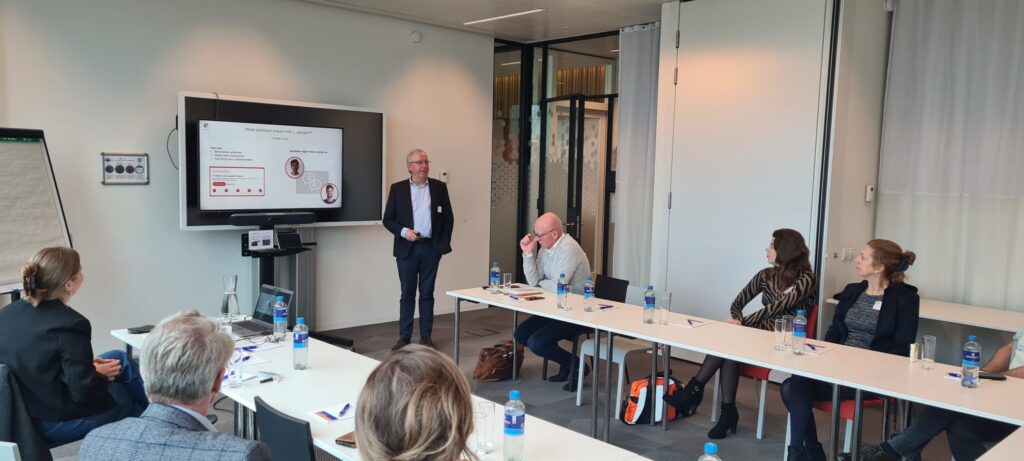
With the introduction of the Corporate Sustainable Reporting Directive (CSRD), many SMEs are left with questions. What do we have to comply with? What do we mean by sustainability? And last but not least: where are we going to find the relevant data?
The latter question in particular is a challenge for many companies. That is why we gave a number of workshops at Rabobank to show those companies what is already possible, and that is a lot! The core of our message: we don’t need legislation to take care of our future. By using the Digital Product Passport , you kill two birds with one stone: structural improvement becomes the standard within your company and you collect quantitative data for your CSRD reporting.

The CSRD requires quantitative input: numbers. Companies using C_passport® have been collecting this data at a product level for some time. By recording the material composition, end-of-use solution and derived impact, they can already provide input for a whole number of data points. This gives them insight into the current situation and a tool to take improvement steps. Exactly what the CSRD is all about.

How do you use the input from C_passport® to shape your reporting? There are several ways to do this, one of which is to link your circular progress to a score. In a circular system, you can improve on various activities. By recording this in C_passport®, you can link impact KPIs to this circular progress. Translated into a Circular score, you can use this internally as a company and include it in your CSRD reporting.


🙏 Thank you to all the interested participants! For the questions, your attention and the fact that you are already doing well by looking for answers in workshops like these. LIOF, Koenen and Co, MadeCircularBy..., Volantis, Circular Design Group, Fontys Venlo University of Applied Sciences, Limburg Employers Association